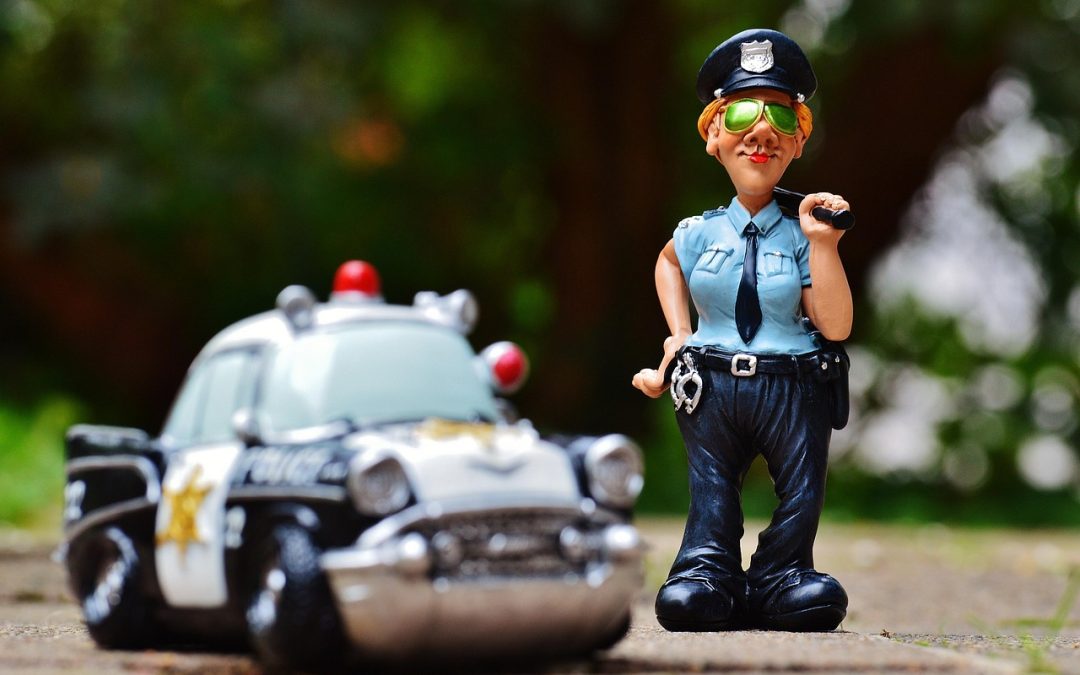As you’re driving, you notice a police roadblock ahead. You’re wondering if the police can search your car. It’s essential to understand your rights and how to handle this situation safely and respectfully.
Understanding the Fourth Amendment
The Fourth Amendment guarantees the right to be free from unreasonable searches and seizures. This means that, generally, police need a warrant or probable cause to stop and search your vehicle. However, there are some exceptions, such as during a traffic stop or if they have reasonable suspicion that you’re involved in criminal activity.
When Can Police Set Up Roadblocks?
Police can set up roadblocks in certain circumstances, such as:
- During a sobriety checkpoint, where they’re looking for signs of impaired driving.
- When investigating a specific crime, and they have reason to believe the perpetrator may be driving a vehicle.
- In high-crime areas, where they’re trying to prevent or deter criminal activity.
How to Handle a Police Roadblock
If you’re stopped at a police roadblock, remember:
Keep your hands visible, and avoid sudden movements. Be calm and courteous, and avoid arguing with the officer. You can ask if you’re free to leave, but be prepared to provide identification if requested.
Do not consent to a search of your vehicle without a warrant or probable cause. You can politely decline, saying:
“Officer, I’m happy to cooperate, but I don’t consent to a search of my vehicle.”
“The right of the people to be secure in their persons, houses, papers, and effects, against unreasonable searches and seizures, shall not be violated, and no Warrants shall issue, but upon probable cause, supported by Oath or affirmation, and particularly describing the place to be searched, and the persons or things to be seized.”
Remember, safety is key. Avoid confrontations, and prioritize de-escalation. If you feel uncomfortable or unsure about the stop, you can ask to speak with a supervisor or request a lawyer.
Stay informed about local laws and regulations, and know your rights. By doing so, you’ll be better equipped to handle police interactions with confidence and respect. Remember to drive safely, and respect the important work that law enforcement does to keep our communities safe.
The information at Observed.Org may not pertain to every jurisdiction. It is YOUR responsibility to know your rights and observe them. Nothing here should be considered legal advice.

